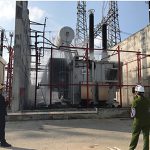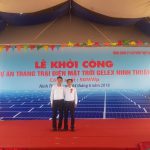Attending the seminar were representatives of specialized departments of Ministry of Industry and Trade, Ministry of Planning and Investment, National Steering Committee for Power Development, Committee for State Capital Management; Institute for Industrial Policy and Strategy; Electricity of Vietnam (EVN), Vietnam Oil and Gas Group (PVN), National Power Transmission Corporation (EVNNPT), National Load Dispatch Center (A0), Power Generation Joint Stock Corporation 1, 2, 3 (GENCO 1,2,3); Hanoi University of Science and Technology, Hanoi University of Electricity; leading experts in the field of electricity and energy; representatives of international organizations such as the World Bank (WB), Asian Development Bank (ADB), German Development Assistance Organization (GIZ), U.S. Agency for International Development (USAID), and Japan International Cooperation Agency (JICA), Korea International Cooperation Agency (KOICA), Organization for Economic Cooperation and Development (OECD), Danish Energy Department, Embassy of Finland, Energy Partnership Group (VEPG), United Nations Development Program (UNDP), … and representatives of press and media agencies such as the Voice of Vietnam Radio, Industry and Trade Newspaper, Industry and Trade Magazine, etc.
The Institute of Energy – Ministry of Industry and Trade is in charge of preparing the Power Plan VIII. This is an utmost important workshop, presenting the initial research results of the National Power Plan on the power demand forecast up to 2045 and the power source development program corresponding to the socio-economic growth scenarios and renewable energy integration targets.
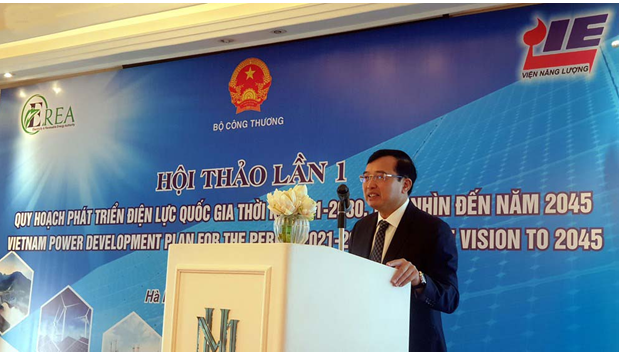
In the opening speech of the Workshop, Deputy Minister of Industry and Trade Hoang Quoc Vuong affirmed that the Power Plan VIII was implemented under the Party and State’s persistent viewpoints and objectives of ensuring the adequate power supply for social – economic development in every situation. This requires a strategic, long-term vision, “power is one step ahead”, etc. The Power Plan VIII must be based on three major viewpoints: to ensure adequate power supply for socio-economic development at the request of the Party and the Government; strongly develop renewable energy sources and limit the development of coal-fired power generation in association with encouraging all economic sectors to invest in the power industry.
Pointing out the differences between the Power Plan VIII and the Power Plan VII, particularly in terms of renewable energy sources, Mr. Hoang Tien Dung, Director of the Electricity and Renewable Energy Authority said, renewable energy sources will not be overly focused on the fixed tariff mechanism. “Investors not only need feed-in-tariff incentives but also clearer and more transparent mechanisms on investor selection. Therefore, in the near future, the bidding and auction mechanism will be implemented to select investors for renewable energy projects”.
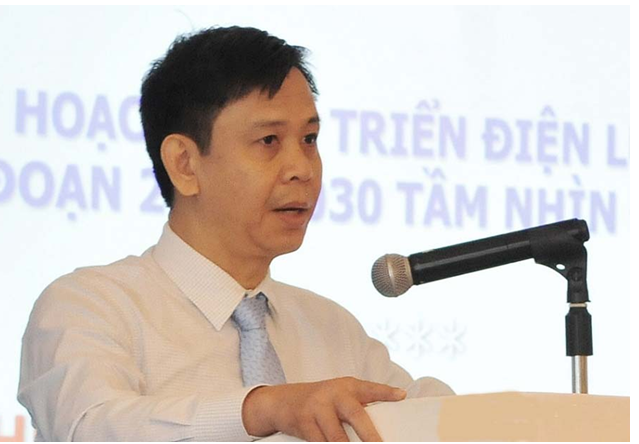
Mr. Tran Ky Phuc, Director General of the Institute of Energy, said that the power growth rate of two-digit number has lasted for many years, with an average rate of 10%/year for the period 2011-2020 of implementing the Power Plan VII. It is forecasted that the average power growth rate will be around 8%/year in the 2020-2030 period and about 4%/year in the 2030-2045 period. Mr. Tran Ky Phuc also indicated at least 3 remarkable points, which can be considered as difficulties in compiling the Power Plan VIII.
Firstly, this Power Plan is made in accordance with the new Planning Law, effective from 2019, belonging to the national infrastructure sector planning group and some other regulations. The list of approvals merely includes national important projects, power sector priority investment projects and priority order for implementation, so planners must develop criteria, arguments, scales and priority order of these projects.
Secondly, the Power Plan VIII is prepared in the context that a number of Strategies and background plans have not been prepared or approved yet. Particularly, the National Energy Master Plan for period 2021-2030 with a vision to 2050 has also been implemented in parallel with the Power Plan VIII.
Thirdly, there are many uncertain economic – technical factors, such as the Covid-19 pandemic that continues to be raging in many countries, including advanced countries in the world, affecting Vietnam and causing negative effects on both supply and demand sides of the energy system in general and the power system in particular. Power load forecast with a vision of 5-10 years and beyond, thus faces certain awkwardness.
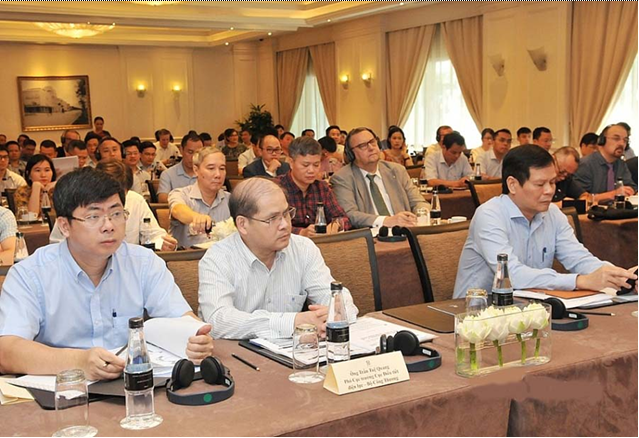
In addition, the boom in the investment registration of renewable power projects, especially solar and wind power, … requires a more appropriate approach in planning – designing, investment and operation of the power system as well as a transparent, objective and scientific policy mechanism to encourage the development of renewable energy.
With the tradition and experience in preparing most of the previous National power development plans (Power Plan IV, V, VI, VII and VII revised), the Institute of Energy has been and will continue to make efforts to successfully accomplish the National Power Development Plan for period 2021-2030, with a vision to 2045.



